New Scientist covers the latest developments in science and technology that will impact your world. New Scientist employs and commissions the best writers in their fields from all over the world. Our editorial team provide cutting-edge news, award-winning features and reports, written in concise and clear language that puts discoveries and advances in the context of everyday life today and in the future.
Elsewhere on New Scientist
Getting real about 1.5°C • Only by admitting our failure can we really tackle climate change
New Scientist
Monkeypox unnoticed? • The virus variant responsible for a worldwide outbreak may have been circulating in people for years, reports Michael Le Page
Facing up to climate reality • Our goal of limiting global warming to 1.5°C is no longer realistically possible. Should scientists and politicians say as much, and if so, what comes next, asks Adam Vaughan
Overshoot world
Return to the moon to start with test of lunar space station orbit
Chickens were domesticated later than we thought
Hepatitis outbreak still a mystery • Hundreds of hepatitis cases with no known cause have now been reported in children globally
Aliens could send us interstellar quantum messages in X-rays
AI translator makes it easier for computers to do maths
Strong family ties encourage children to flourish socially and intellectually
Termites spread by crossing the oceans on driftwood rafts
Advanced computer goes public • Only a few quantum machines have achieved “quantum advantage” – the ability to beat conventional computers – and now one is online for anyone to use, says Alex Wilkins
Baby leatherbacks struggle to find the sea on dark nights
Damaged liver repaired in machine before transplant
Great whites could have wiped out megalodon
Ants trained to sniff out breast tumours
Sex change seen in live-birth animal
Really brief
Some disease risks rise with your height
School road noise slows gains in attentiveness and memory
Robo falcon makes a great bird scarer
Adding to the team • AI is becoming smarter all the time, but mathematicians needn’t fear they will be replaced by machine intelligence, argues Junaid Mubeen
Field notes from space-time • Why planes fly We physicists want to give everyone a feel for what we are learning, but the truth is that physics and intuition don’t always mix, writes Chanda Prescod-Weinstein
Fragile beauty
Your letters
Living by numbers • Can big data help us make better life decisions? A thought-provoking book says it can – but Elle Hunt finds some important holes in the argument
The ascent of mammals • The story of the evolutionary origin of mammals is told with elan in this clear, engaging book, finds Michael Marshall
Don’t miss
The film column • The need for speed Part war film, part techno-thriller, Top Gun: Maverick might lack narrative realism, but this 1980s nostalgia-fest is still a thrilling display of aeronautical stunts, featuring some very fast planes, says Simon Ings
Lifting the fog • Brain fog is a nebulous concept that eluded scientific scrutiny – until covid-19 thrust it into the spotlight. Kayt Sukel reports
Virunga power • Green electricity is empowering people, reducing conflict and helping to conserve mountain gorillas in the heart of Africa, finds Adam Popescu
Dangerous work
Gorilla killers
Virtually famous • Computer-generated influencers look, sound and post on social media like real humans. What impact are they having on people who follow them, asks Tevy Kuch
How to bake bread that keeps • The science of why bread goes stale isn’t fully understood. But it can help us...
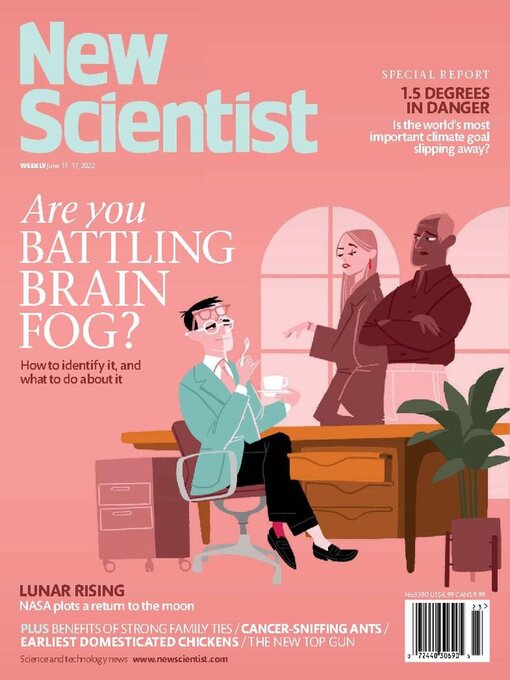
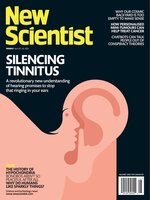 Apr 20 2024
Apr 20 2024
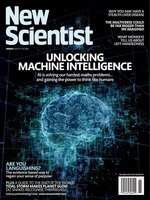 Apr 13 2024
Apr 13 2024
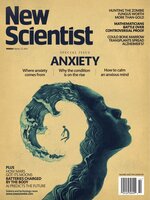 Apr 06 2024
Apr 06 2024
 Mar 30 2024
Mar 30 2024
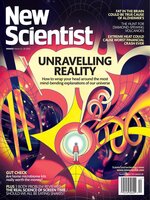 Mar 23 2024
Mar 23 2024
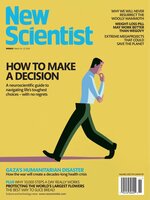 Mar 16 2024
Mar 16 2024
 Mar 09 2024
Mar 09 2024
 Mar 02 2024
Mar 02 2024
 Feb 24 2024
Feb 24 2024
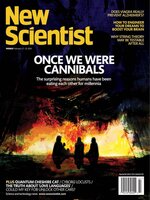 Feb 17 2024
Feb 17 2024
 10 Feburary 2024
10 Feburary 2024
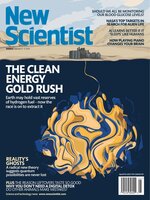 Feb 03 2024
Feb 03 2024
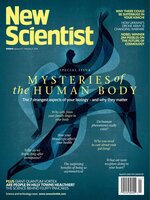 Jan 27 2024
Jan 27 2024
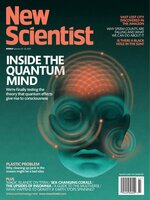 Jan 20 2024
Jan 20 2024
 Jan 13 2024
Jan 13 2024
 Jan 06 2024
Jan 06 2024
 Dec 30 2023
Dec 30 2023
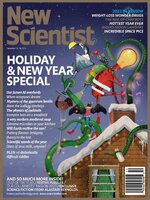 Dec 16 2023
Dec 16 2023
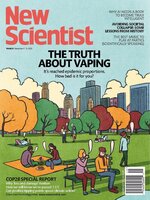 Dec 09 2023
Dec 09 2023
 Dec 02 2023
Dec 02 2023
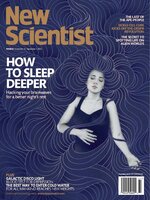 Nov 25 2023
Nov 25 2023
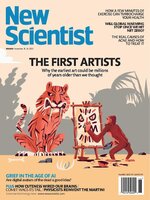 Nov 18 2023
Nov 18 2023
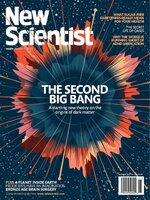 Nov 11 2023
Nov 11 2023
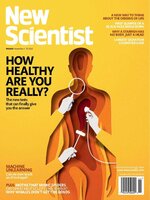 Nov 04 2023
Nov 04 2023
